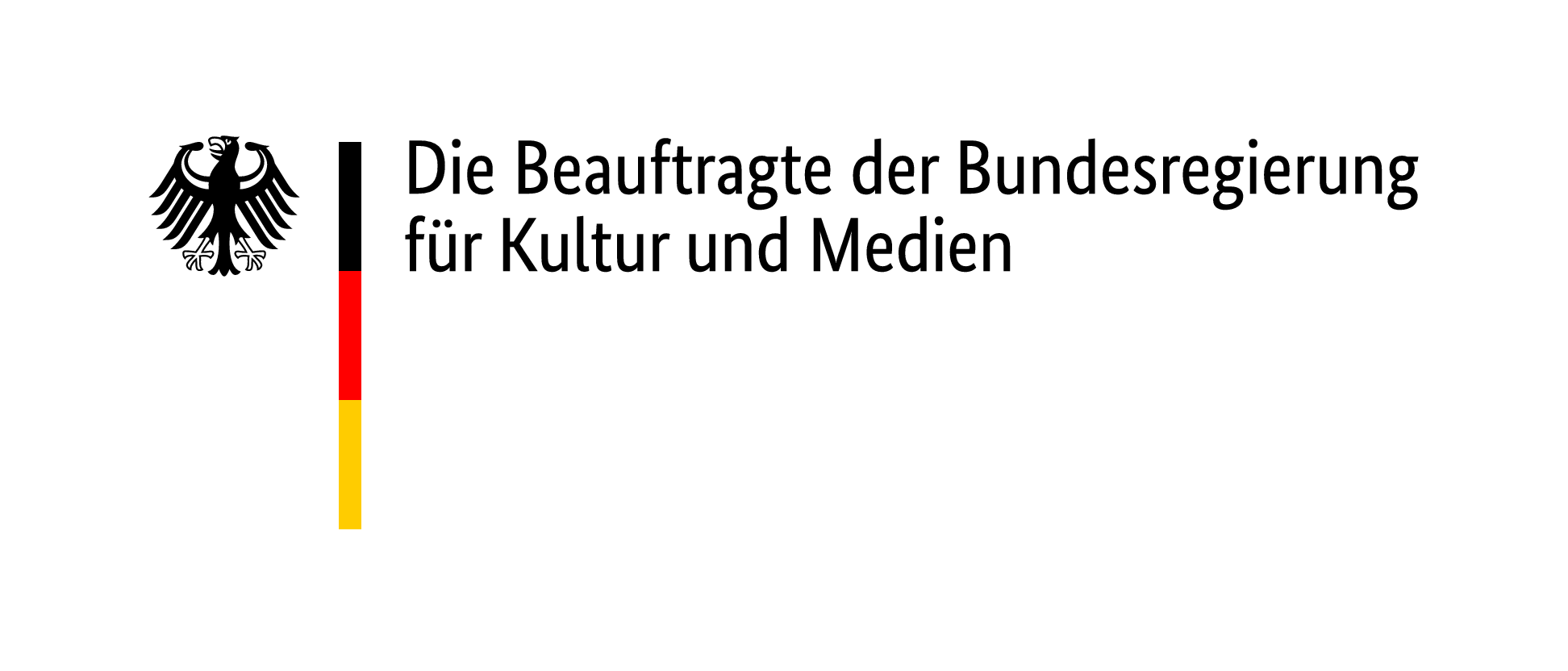
Semantic Web, Cultural Heritage, and Art Historical Knowledge
University of Málaga
Deutschland

University of Málaga
Deutschland
The semantic web is a thriving area in the confluence of artificial intelligence and web technologies that proposes to introduce explicit descriptions about the meaning of resources to allow machines themselves to have a level of understanding comparable to that of human reasoning. In the context of the cultural field, the adoption of semantic web technologies (especially the development of ontologies and knowledge graphs) is of great interest due to their potential to diversify the forms of access to cultural contents, to amplify the narratives that can be developed from them, and to increase the possibilities of extracting implicit knowledge from large datasets. Likewise, semantic web technologies facilitate the structured and semantically enriched recording of cultural contents, make possible their publication as linked open data (LOD), increase the interoperability of distributed information, and provide the mechanisms that allow data reuse for new knowledge and value generation. The results achieved so far are important; however, there are still numerous challenges to be faced. Meanwhile, there are interesting research avenues that demand special attention.
Within the framework of the Andalex II and Complexhibit projects, the iArtHis_Lab research team has been working for some time on the development of OntoExhibit, an ontology that aspires to make a contribution to the advancement of the semantic web research infrastructures in the field of cultural heritage and art historical knowledge. OntoExhibit is an ontology developed in OWL2 and RDF standards that is being designed to enable the representation, publication, consumption, access, and reuse of the semantically enriched encoded information of the art exhibition domain and its associated discursive and socio-communicative practices.
Based on some of the problematic issues encountered in the development of OntoExhibit, in this seminar we particularly want to delve into the epistemological implications involved in the building of conceptual models and ontologies for the cultural heritage and art history fields: fuzzy and ambiguous temporalities, overlapping and interweaving interpretative layers, post-anthropocentric conceptual hierarchies, epistemological biases, cultural conventions embedded in existing models, etc.; these are just some of the issues that will be addressed in this seminar.
This seminar brings together a group of experts with extensive experience in the intersection between semantic web technologies and the cultural field to shed light on these and other questions.
The attendance to the seminar is free and open to everyone, with no registration fees. Attendance may be in person or online. Registration is required in both cases due to limited capacity. Registrants will be sent the connection link a few days before the seminar begins.
Attendance certificates will be issued on demand.
Mehr Infos gibt's hier.

